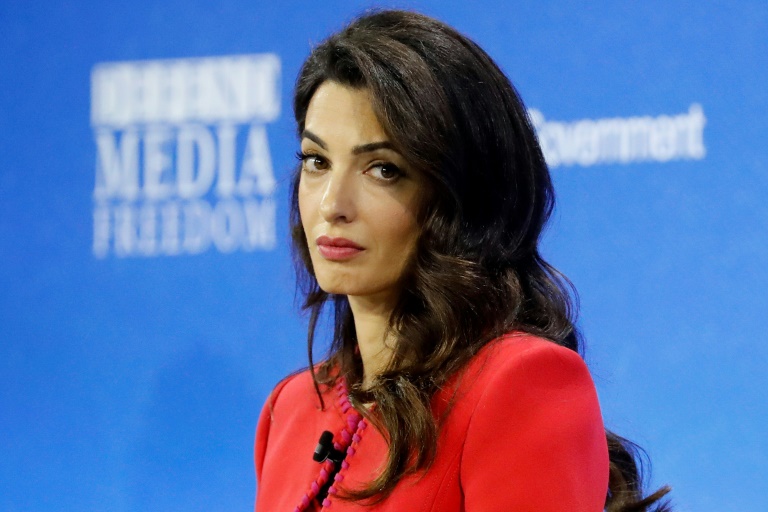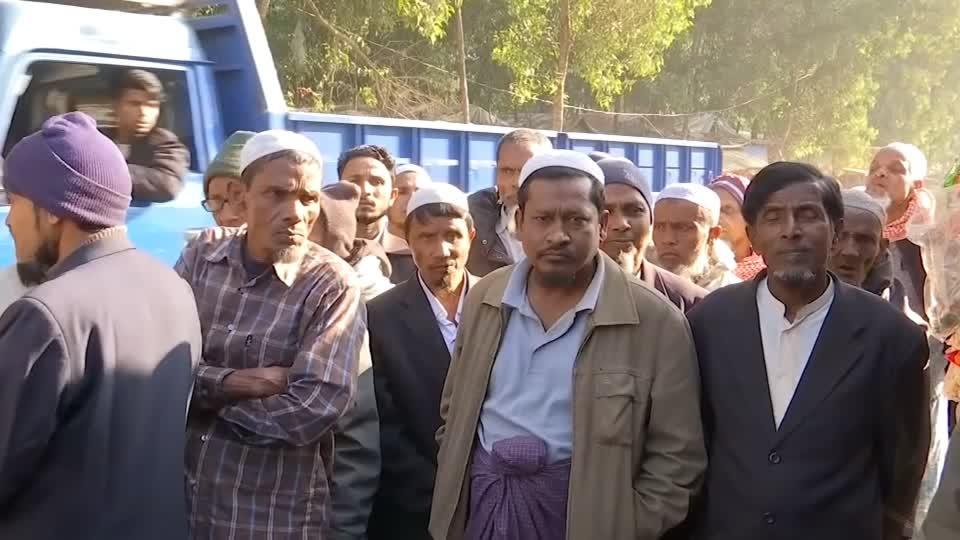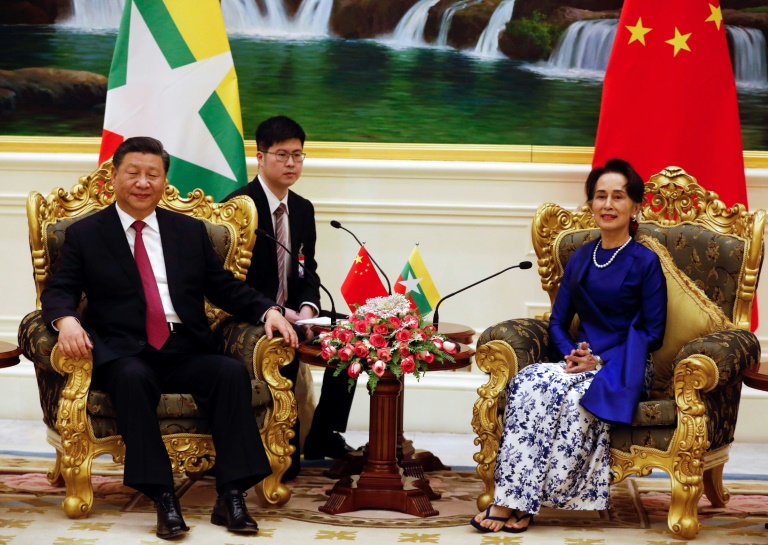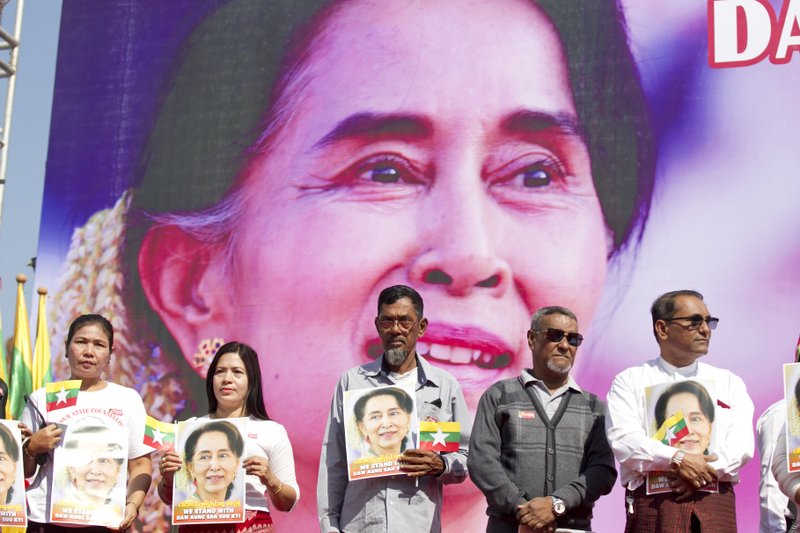
Buddhists in Myanmar on Wednesday blocked aid workers from visiting a camp for displaced Muslims in the central part of Rakhine State, where the United Nations fears the spread of violence that has already displaced hundreds of thousands.
More than 600,000 of Myanmar’s largely stateless Rohingya minority have crossed to Bangladesh since Aug. 25 attacks by Rohingya militants sparked a military crackdown beset by allegations of killings, rape and arson by security forces.
The UN has called the army operation “ethnic cleansing”. Myanmar has denied the majority of allegations and said it will accept the return of those who can prove they are residents.
A regional administrator and an activist told Reuters a group of about 10 Myanmar nationals working for U.S.- and Britain- based charity Relief International (R.I.) was forced to turn back when residents of the mostly Buddhist ethnic Rakhine community staged a protest in the town of Myebon.
Reuters reported this month that activists among the town’s Buddhist majority had stepped up efforts to segregate Buddhists and Muslims, instructing Rakhines not to trade with Muslims, for fear of militancy.
Deliveries of food aid to Myebon’s Muslims have been delayed and only allowed in after inspections by Buddhist community representatives.
“The R.I. group were trying to go to the camp and the locals blocked the way,” said Tin Shwe, the town’s administrator, adding that the aid workers returned to their office after Wednesday’s incident.
Samir Maleh, country director for Relief International in Myanmar, declined to comment on the incident.
Leaders of the Rakhine Buddhist community have long bristled at international agencies and NGOs whom they accuse of favoring the Rohingya with their support.
Aid workers and UN staff have told Reuters they fear enforced segregation may trigger further displacement in Rakhine, either through fresh violence or as Muslims flee on boats to Malaysia and Thailand, fuelling a new stage of crisis in the Bay of Bengal.
Wednesday’s incident was the latest example of the numerous obstacles that humanitarian organizations face in Rakhine State, said Pierre Peron, a spokesman for the United Nations’ Office for the Coordination of Humanitarian Affairs (OCHA).
“Of course we respect that any group should be able to exercise their rights of freedom of speech and peaceful assembly, but the simple fact here is that life-saving aid is being blocked from reaching vulnerable people who desperately need it, including children and the elderly.”
About 3,000 Muslims – including Rohingya and those accepted as Myanmar citizens – have been confined to a camp for displaced people in Myebon since communal violence swept Rakhine in 2012.
Photos posted on social media site Facebook on Wednesday showed about two dozen women sitting down to block a small street, with a smaller group of men standing behind.
Khin Thein, a leader of a regional branch of the Arakan Women’s Network, said her group joined the protest after authorities told the community the NGO would provide education about gender-based violence, hygiene and sanitation to Muslims.
”They have food, they have shelter to live,“ she told Reuters. ”We can’t accept these kinds of excess things for them.
We will not allow them to pass through our township. We already protested several times in the past. We have suspicions about them. We don’t trust foreigners, international people.”




